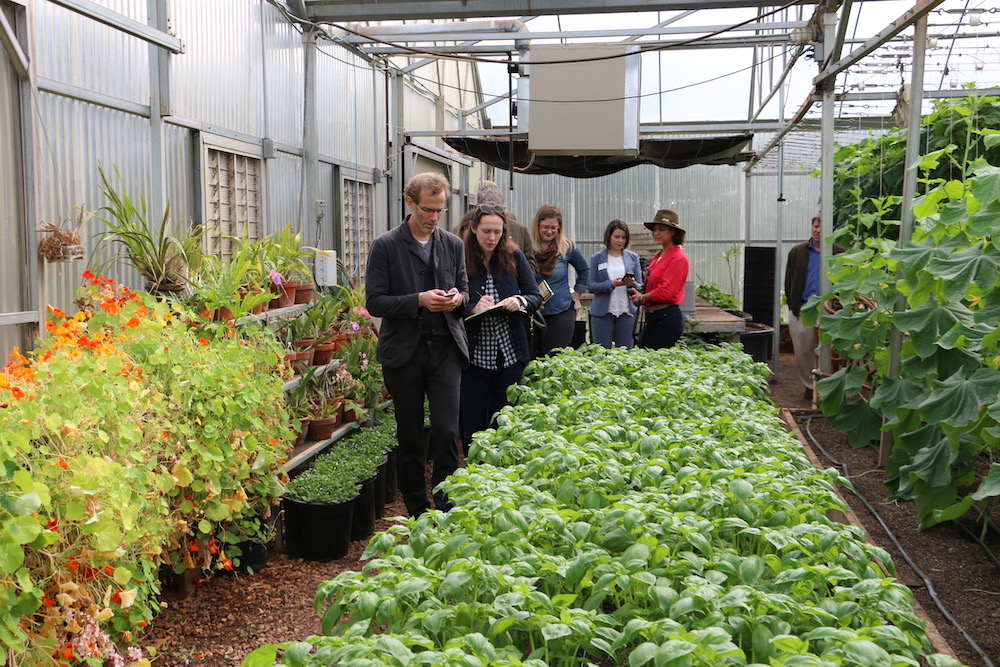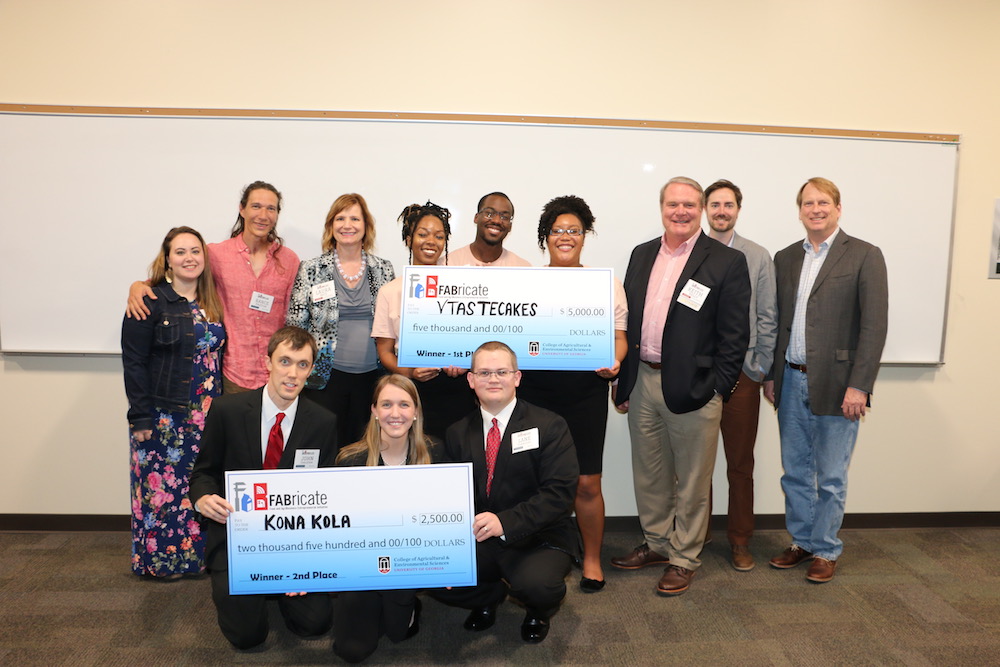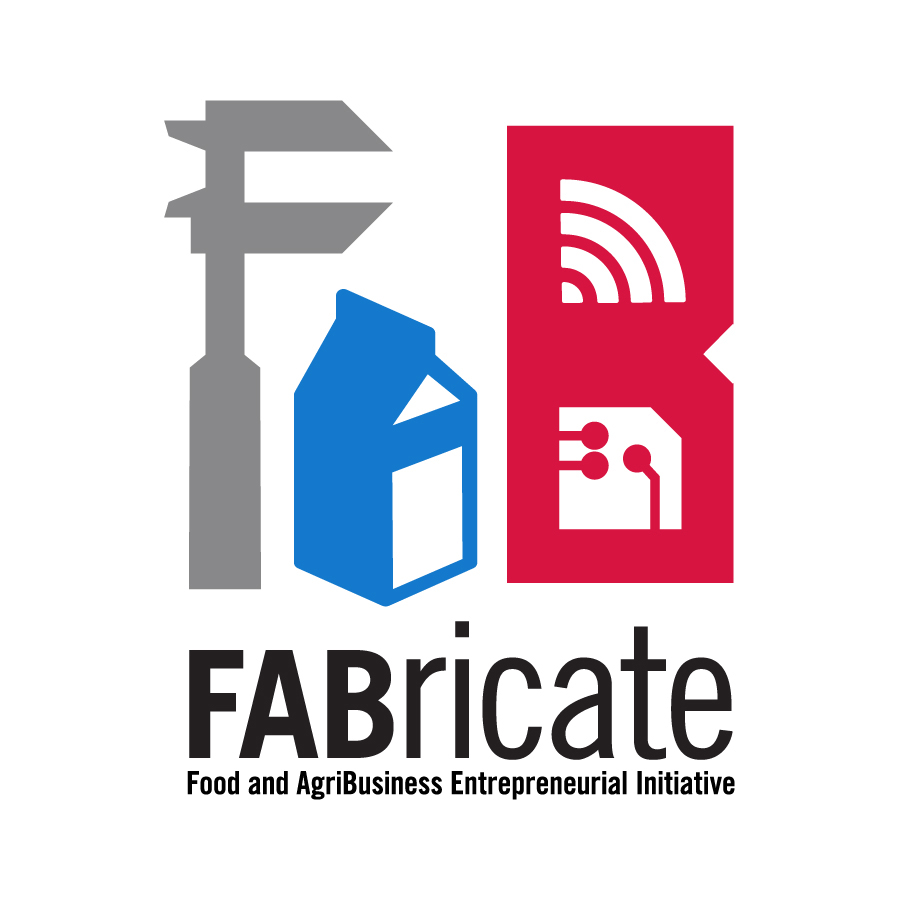University of Georgia announces new hospitality and food industry management degree
UGA College of Agricultural and Environmental Sciences poised to prepare students for growing hospitality industry.





